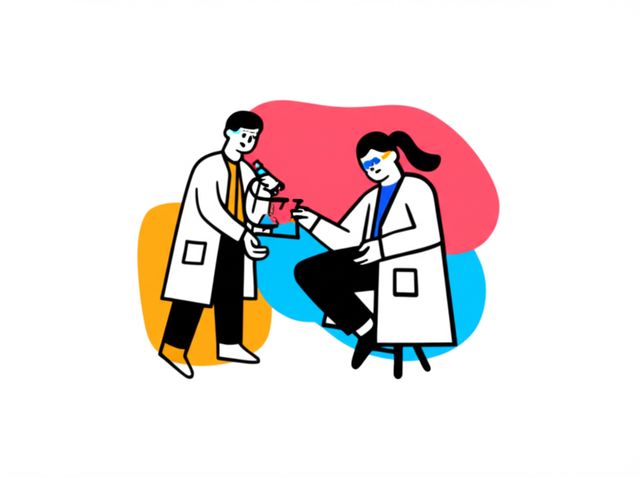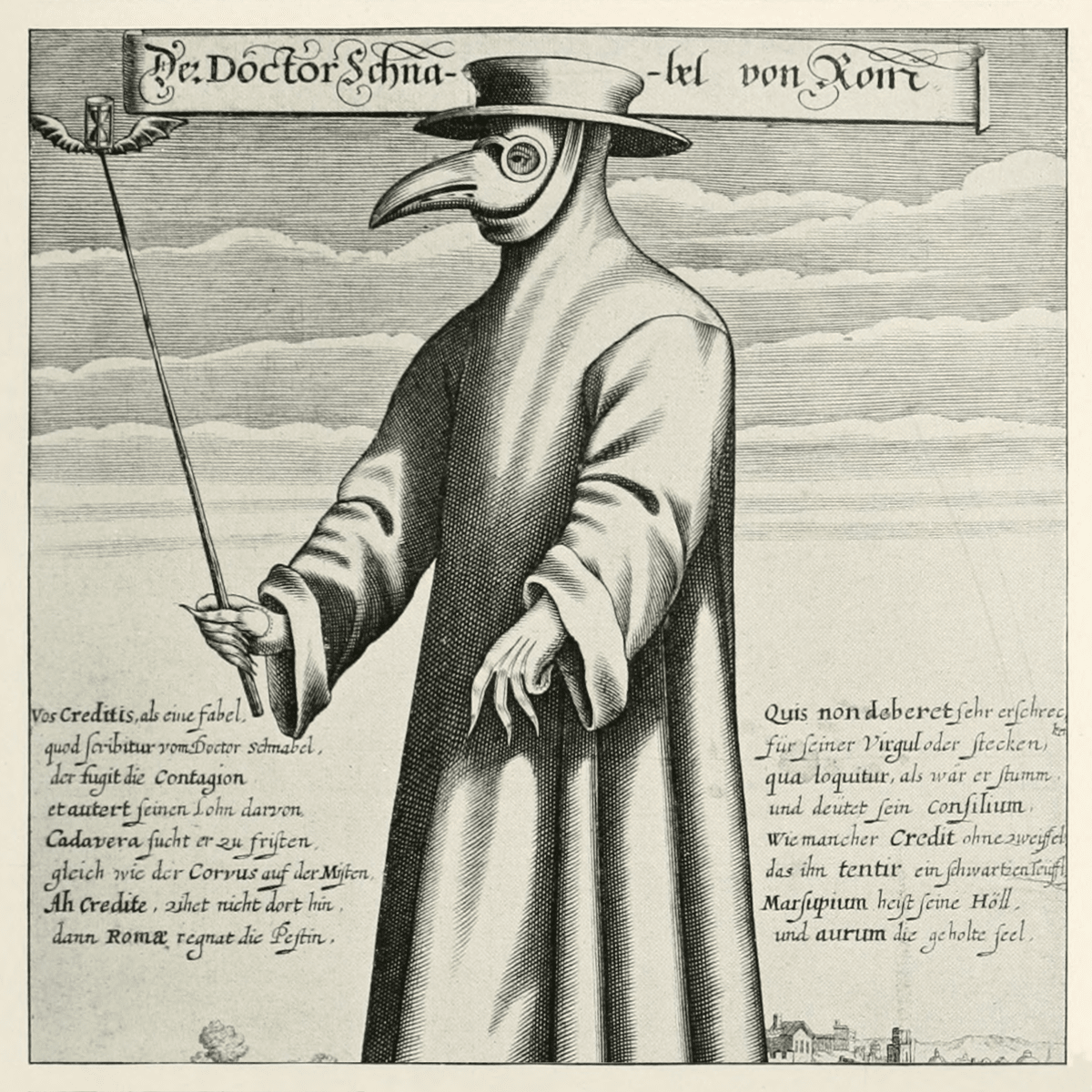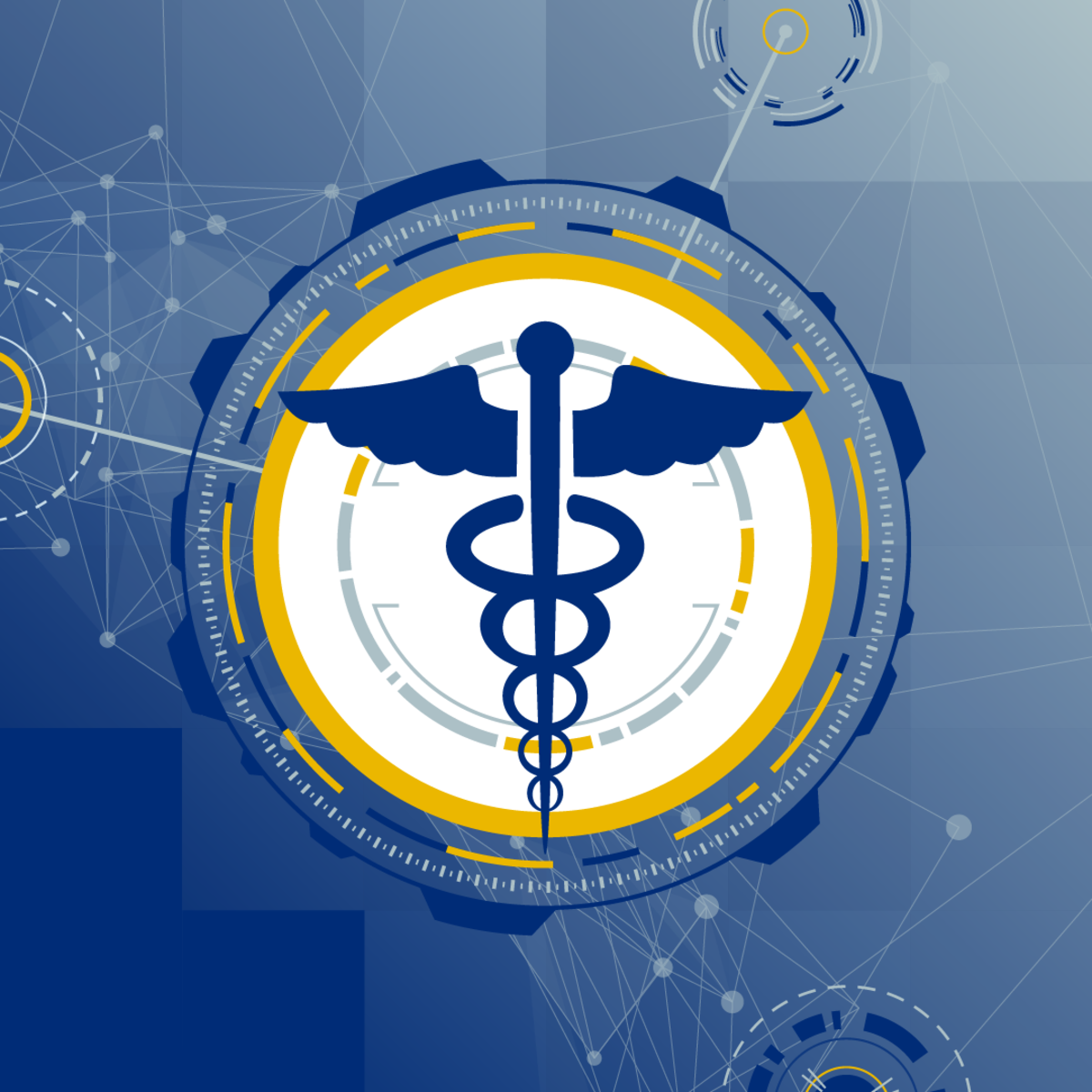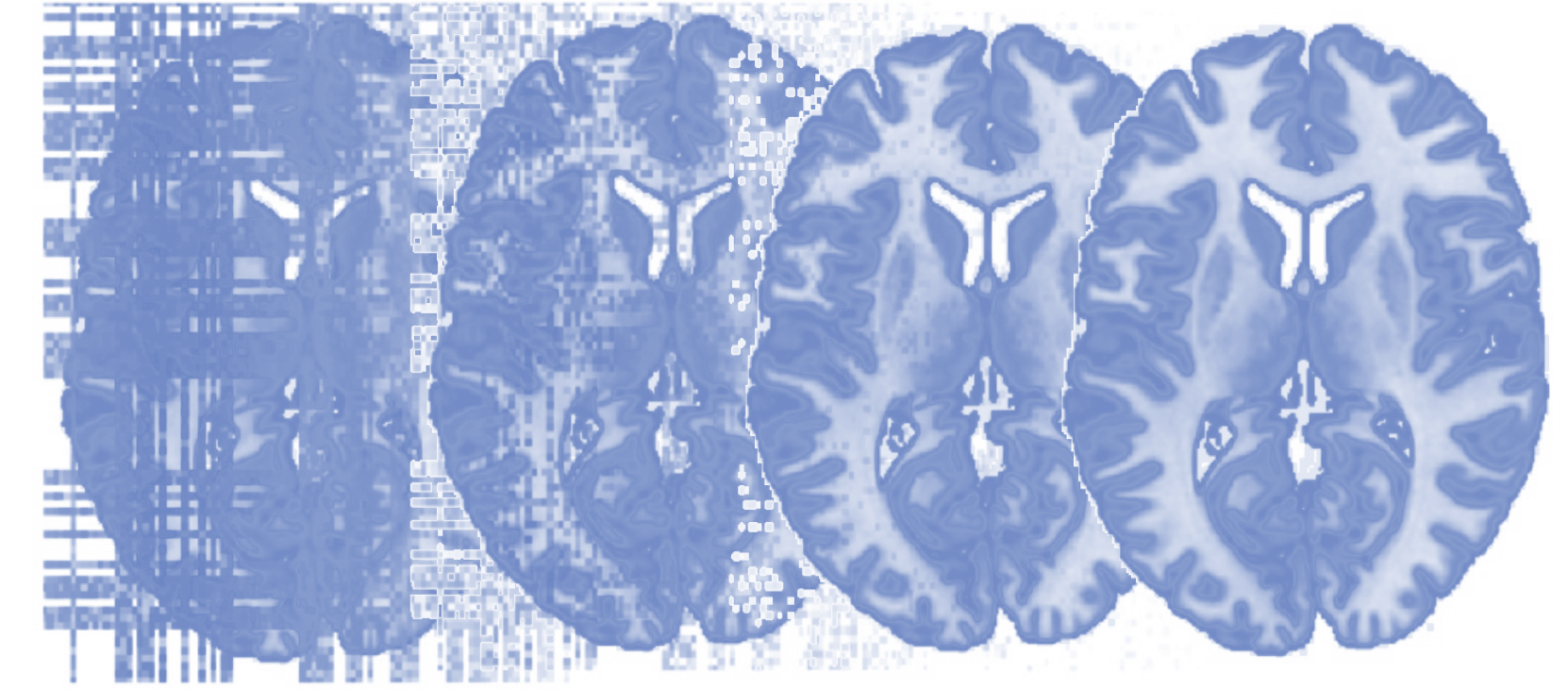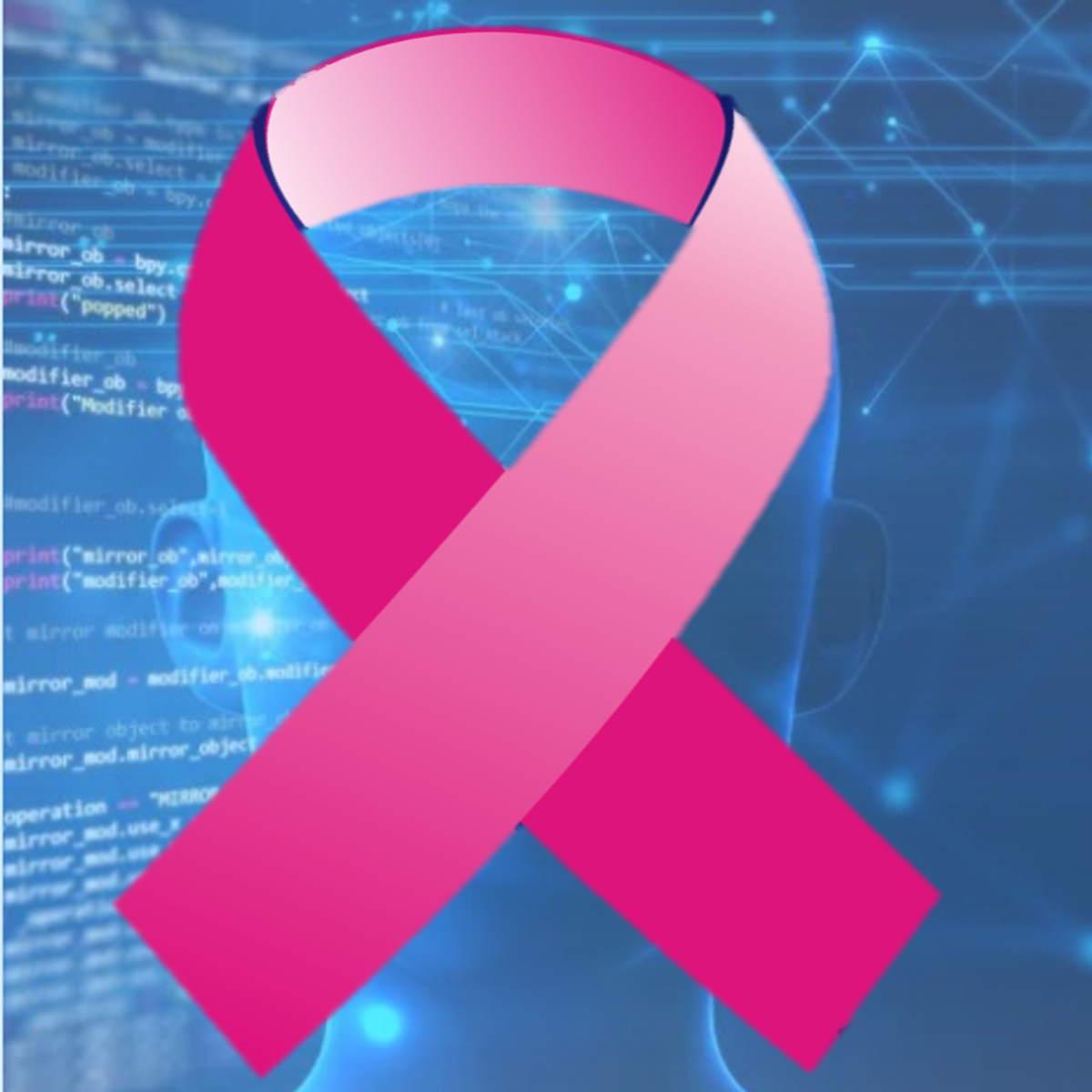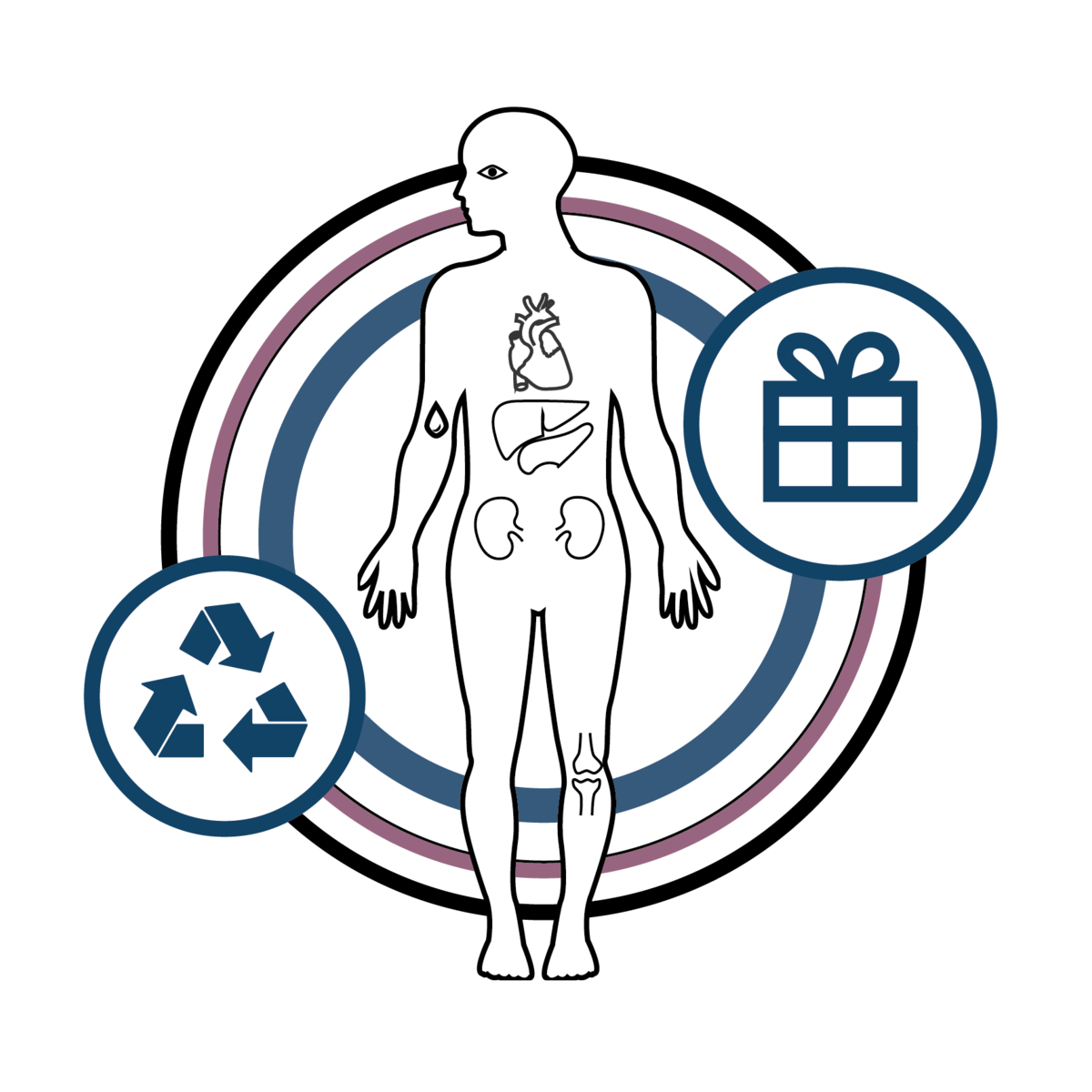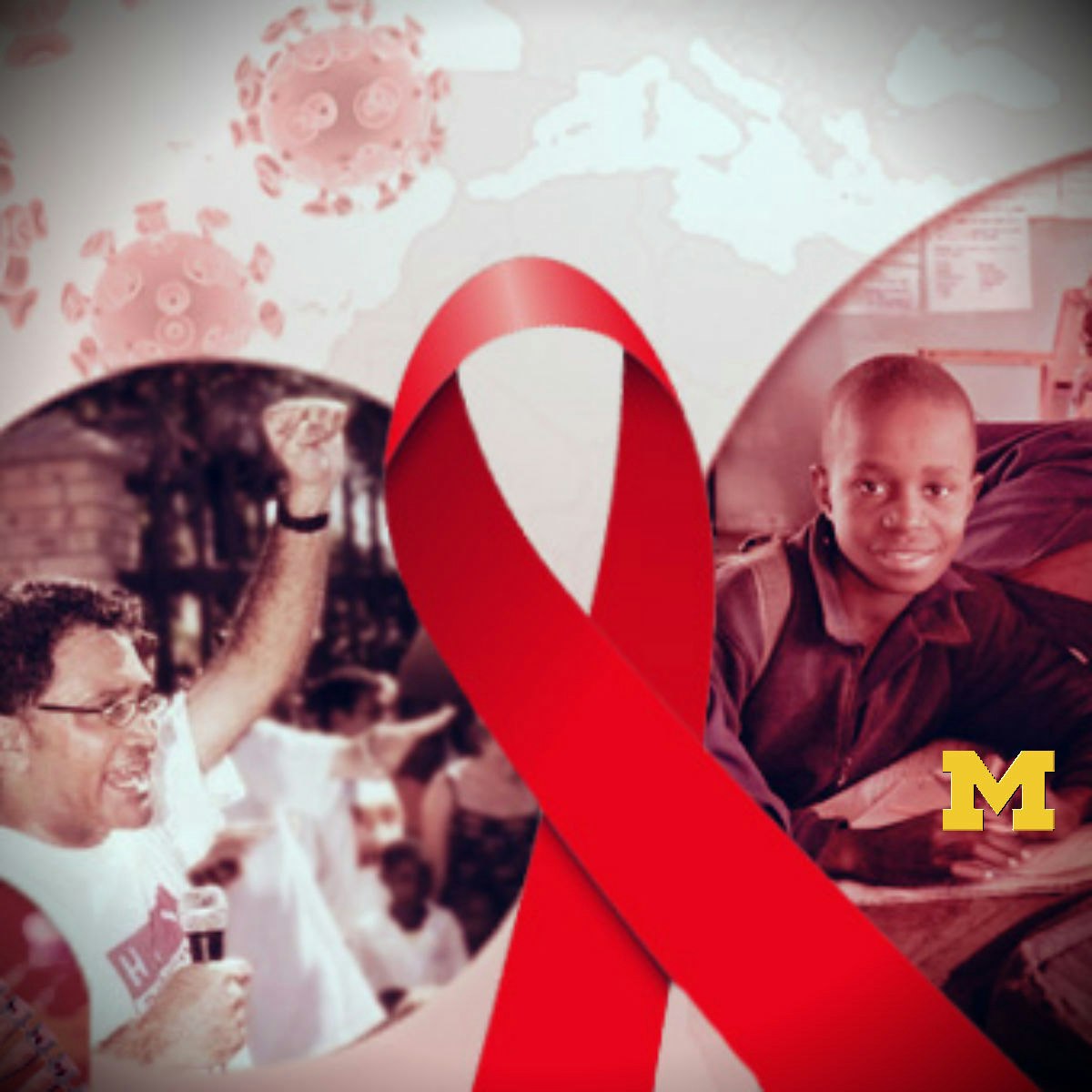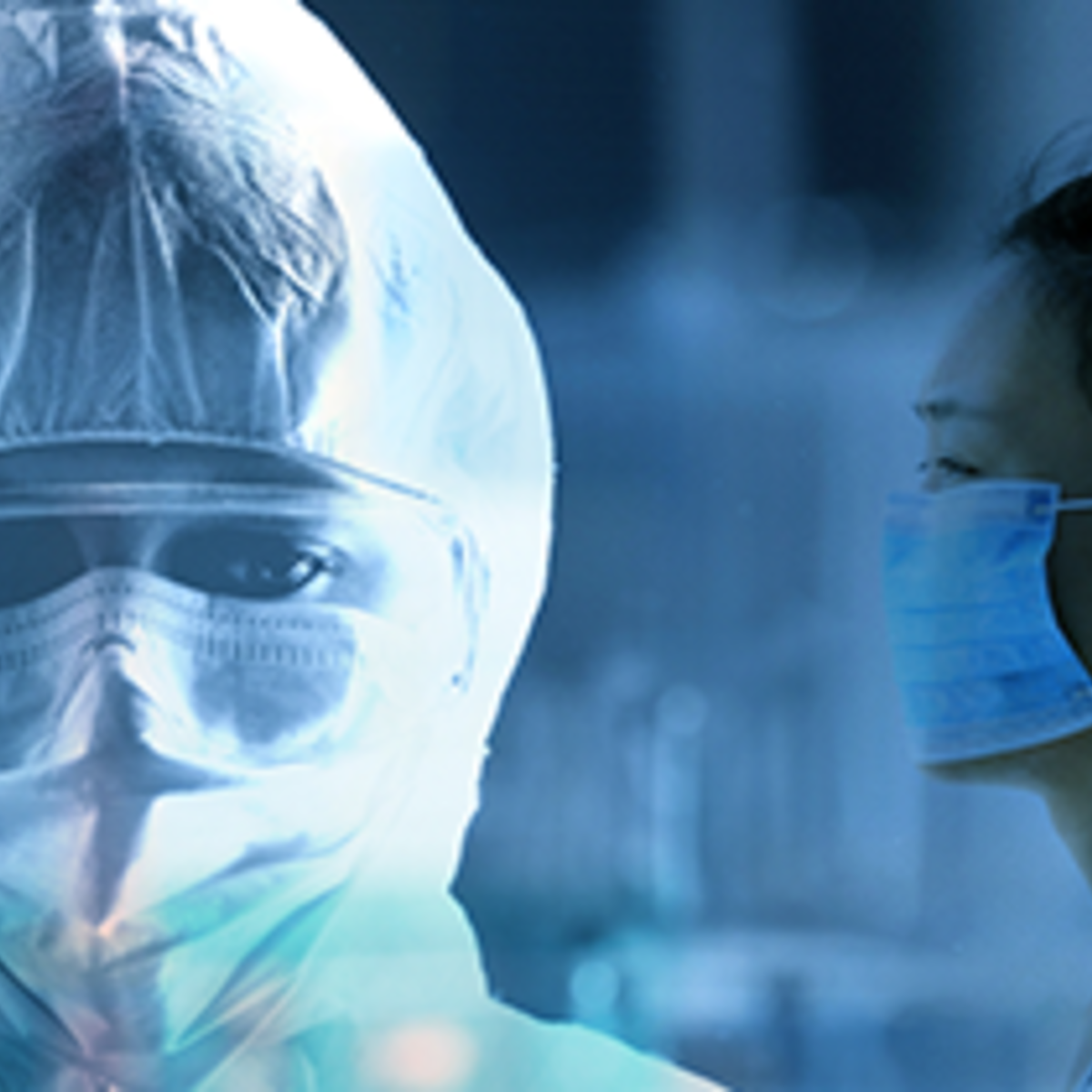Medical Researcher
Medical Researcher: A Career Exploration
Medical research is the systematic investigation undertaken to increase knowledge related to human health and disease. It involves studying the causes, prevention, diagnosis, and treatment of illnesses. This field bridges basic science discoveries with clinical applications, aiming to improve patient outcomes and public health.
Embarking on a career in medical research offers the chance to be at the forefront of scientific discovery, contributing to breakthroughs that can alleviate suffering and extend lives. It's a path fueled by curiosity, rigorous methodology, and the potential to make a lasting impact on society. The work often involves intricate problem-solving and collaboration with diverse teams.
Introduction to Medical Research
Definition and Scope of Medical Research
Medical research encompasses a broad spectrum of activities, from laboratory experiments exploring molecular mechanisms to large-scale clinical trials evaluating new therapies. It includes basic research, which seeks fundamental knowledge about biological processes, and applied research, which aims to solve specific health problems.
The scope spans numerous disciplines, including biology, chemistry, genetics, pharmacology, epidemiology, and biostatistics. Researchers may work in universities, hospitals, government agencies, non-profit organizations, or private industry (like pharmaceutical or biotechnology companies).
Ultimately, the goal is to generate reliable evidence that informs medical practice and health policy. This involves careful study design, data collection, analysis, and interpretation to understand disease patterns and develop effective interventions.
Foundational knowledge in life sciences is crucial. Consider exploring introductory courses to understand the breadth of the field.
These courses provide a glimpse into the world of medicine and life sciences, setting a context for understanding research.
Historical Evolution of the Field
Medical research has evolved dramatically over centuries. Early progress relied on observation and empirical trial-and-error. Figures like Hippocrates laid groundwork for rational medicine, while Vesalius advanced anatomical knowledge during the Renaissance.
The Scientific Revolution brought systematic experimentation. Discoveries like vaccination by Jenner, germ theory by Pasteur and Koch, and antibiotics by Fleming transformed healthcare. The 20th century saw exponential growth, fueled by advances in molecular biology, genetics, and imaging technologies.
Today, research integrates sophisticated tools like genomics, proteomics, and computational modeling. This history underscores a continuous quest for understanding and innovation, driven by dedicated individuals building upon past discoveries.
Understanding the history provides context for current practices and future directions.
Impact on Healthcare and Society
Medical research is the engine driving improvements in healthcare. It leads to new diagnostic tools, safer and more effective treatments, and preventative strategies that enhance quality of life and longevity. Examples include vaccines eradicating diseases, therapies transforming cancer care, and interventions reducing cardiovascular mortality.
Beyond individual patient benefits, research informs public health policies, shapes clinical guidelines, and contributes to economic growth through innovation in the biomedical sector. It addresses global health challenges, such as infectious disease outbreaks and chronic condition management.
The societal impact is profound, influencing how we understand health, manage illness, and structure healthcare systems. It fosters a culture of evidence-based practice and continuous improvement within the medical community.
Many courses touch upon the societal impact, particularly those focusing on public health and epidemiology.
Key Interdisciplinary Connections
Medical research is inherently interdisciplinary. Biologists and chemists investigate cellular and molecular processes. Physicists and engineers develop new imaging and diagnostic technologies. Mathematicians and computer scientists create models and analyze complex datasets (data science is increasingly vital).
Collaboration extends to clinicians who bridge research findings with patient care, social scientists who study behavioral aspects of health, and ethicists who navigate complex moral questions. This convergence of expertise accelerates discovery and ensures relevance to real-world health needs.
Aspiring researchers benefit from a broad scientific foundation and the ability to communicate across disciplines. Exploring related fields like biology or chemistry can strengthen this foundation.
Role and Responsibilities of a Medical Researcher
Core Tasks: Hypothesis Testing, Experimental Design, Data Analysis
A central part of a medical researcher's job involves formulating testable hypotheses based on existing knowledge or observations. This requires critical thinking and a deep understanding of the research area.
Researchers then design experiments or studies to rigorously test these hypotheses. This includes selecting appropriate methods, determining sample sizes, controlling variables, and outlining procedures to ensure validity and reproducibility. Proper experimental design minimizes bias and allows for meaningful conclusions.
After conducting experiments or collecting data, researchers perform statistical analysis to interpret the results. This involves using software tools and quantitative methods to identify patterns, assess significance, and draw evidence-based conclusions relevant to the initial hypothesis.
These courses introduce essential concepts in data analysis and study design crucial for research.
Collaboration with Clinicians, Policymakers, and Industry
Medical research rarely happens in isolation. Researchers often collaborate closely with clinicians (doctors, nurses) to translate findings into practice, design patient-oriented studies, and gain insights from clinical experience.
Engagement with policymakers is crucial for translating research evidence into public health guidelines and regulations. Researchers may provide expert testimony or participate in advisory committees.
Partnerships with industry, such as pharmaceutical and biotech companies, facilitate the development and testing of new drugs and technologies. These collaborations bridge the gap between academic discovery and commercial application, though they require careful management of potential conflicts of interest.
Ethical Oversight and Regulatory Compliance
Conducting research, especially involving human participants or animals, demands strict adherence to ethical principles and regulations. Researchers must obtain approval from Institutional Review Boards (IRBs) or ethics committees before starting studies.
Key ethical considerations include obtaining informed consent from participants, protecting patient privacy and data confidentiality (often governed by laws like HIPAA in the US), ensuring participant safety, and minimizing harm to research subjects. Animal research requires humane treatment and justification of its necessity.
Researchers must also comply with regulations set by bodies like the Food and Drug Administration (FDA) for clinical trials of drugs and devices. Maintaining ethical integrity is paramount to public trust and the responsible advancement of science.
These books delve into the complexities of medical ethics and regulation.
Dissemination of Findings via Publications and Conferences
A critical responsibility is sharing research findings with the scientific community and the public. This primarily occurs through peer-reviewed publications in scientific journals. Researchers write detailed manuscripts describing their methods, results, and conclusions.
Presenting work at scientific conferences is another key dissemination channel. This allows researchers to share preliminary findings, receive feedback from peers, and network with colleagues in their field.
Effective communication, both written and oral, is essential for conveying complex information clearly and accurately. Dissemination ensures that new knowledge contributes to the broader scientific discourse and ultimately impacts health practices.
Formal Education Pathways for Medical Researchers
Pre-university Preparation: STEM Coursework and Lab Experience
For high school students interested in medical research, a strong foundation in Science, Technology, Engineering, and Mathematics (STEM) is crucial. Focus on courses like biology, chemistry, physics, and advanced mathematics.
Seek opportunities for hands-on experience. Participating in science fairs, joining science clubs, or volunteering/interning in a university or hospital lab can provide valuable early exposure to research environments.
Developing strong analytical and problem-solving skills is also important. These foundational experiences can solidify interest and strengthen university applications for relevant programs.
Undergraduate Degrees (e.g., Biology, Biochemistry)
A bachelor's degree in a relevant scientific field is typically the first step. Common majors include biology, biochemistry, chemistry, biomedical sciences, neuroscience, or related disciplines.
Coursework should cover core scientific principles, laboratory techniques, and ideally, introductory statistics and research methods. Many students gain research experience during their undergraduate years by working in faculty labs.
This undergraduate training provides the necessary scientific knowledge and practical skills to pursue advanced studies or entry-level research positions.
These courses cover fundamental biological concepts often studied at the undergraduate level.
Graduate Programs: MSc, PhD, or MD/PhD Routes
Most independent medical research careers require graduate-level training. A Master of Science (MSc) degree can provide specialized knowledge and research skills, sometimes serving as a stepping stone to a PhD or certain technical roles.
A Doctor of Philosophy (PhD) is the standard degree for becoming an independent researcher (Principal Investigator) in academia or industry. PhD programs involve advanced coursework, intensive research culminating in a dissertation, and development of critical thinking and mentorship skills.
For those interested in bridging clinical practice and research, combined MD/PhD programs train physician-scientists. These rigorous programs integrate medical school training with PhD research, preparing graduates for careers leading clinical and translational research.
Advanced courses in specialized areas like immunology or neuroscience are typical at the graduate level.
Postdoctoral Training and Specialization
After completing a PhD or MD/PhD, many researchers undertake postdoctoral training ("postdoc"). This is a temporary period of mentored research, typically lasting several years, allowing researchers to deepen their expertise, build their publication record, and develop independence.
Postdoctoral positions provide opportunities to learn new techniques, work in leading labs, and establish a specific research niche. This phase is often critical for securing permanent faculty positions or senior roles in industry.
During this time, researchers refine their skills in grant writing, project management, and mentoring junior scientists, preparing them for leadership roles in the research enterprise.
Online and Independent Learning for Aspiring Medical Researchers
Topics to Prioritize (e.g., Biostatistics, Molecular Biology)
Online learning can be a powerful tool for building foundational knowledge or acquiring specialized skills relevant to medical research. Prioritize topics like biostatistics, essential for data analysis and interpretation, and core biological sciences such as molecular biology, genetics, cell biology, and immunology.
Depending on your specific interests, delve into areas like pharmacology, neuroscience, epidemiology, or bioinformatics. Understanding research ethics and methodology is also crucial, and many online resources cover these topics.
OpenCourser offers a vast library where you can browse courses across these domains, helping you tailor your learning path. Use the "Save to List" feature to curate relevant courses.
These courses cover key areas often prioritized in self-directed learning for medical research.
Self-directed Projects and Open-source Datasets
Supplementing online coursework with practical projects is highly beneficial. Seek out publicly available datasets (e.g., from NCBI, NIH databases, or platforms like Kaggle focusing on health data) to practice data analysis skills.
Consider replicating analyses from published papers or exploring new questions within existing datasets. Document your work clearly, perhaps using platforms like GitHub, to showcase your skills to potential employers or graduate programs.
Engaging in self-directed projects demonstrates initiative, technical proficiency, and the ability to apply learned concepts to real-world problems, strengthening your profile as an aspiring researcher.
Certifications vs. Degree Programs
Online courses often offer certificates upon completion. While these can demonstrate specific skill acquisition (e.g., proficiency in a statistical software or a laboratory technique), they generally do not replace formal degree programs (BSc, MSc, PhD) for core research roles.
Certificates are best viewed as supplementary credentials that can enhance a resume or provide focused training in a specific area. They can be particularly valuable for career pivots or professionals looking to update their skills.
Formal degrees provide comprehensive theoretical knowledge, structured research training, mentorship, and recognized credentials typically required for advancing in research careers. OpenCourser's Learner's Guide offers insights on how to leverage online certificates effectively.
Balancing Online Learning with Hands-on Lab Experience
While online courses excel at delivering theoretical knowledge and computational skills, medical research often involves hands-on laboratory work. Skills like cell culture, pipetting, running gels, or operating specific equipment cannot be fully learned online.
Aspiring researchers, especially in wet-lab fields, must seek opportunities for in-person lab experience through internships, volunteer positions, or coursework in formal academic programs. Online learning can complement this by providing the theoretical background for lab techniques.
For computationally focused research (e.g., bioinformatics, biostatistics), online learning can cover a larger portion of the required skillset, but collaboration and understanding the context of data generation remain important.
Career Progression for Medical Researchers
Entry-level Roles: Research Assistants, Lab Technicians
Entry into the field often begins with roles like Research Assistant or Laboratory Technician, typically requiring a bachelor's or sometimes a master's degree. These positions involve supporting research projects under the guidance of senior researchers.
Responsibilities may include conducting experiments, collecting and organizing data, maintaining lab equipment, and performing literature searches. These roles provide valuable hands-on experience and exposure to the research process.
While offering lower autonomy, these positions are crucial for gaining foundational skills and understanding the day-to-day realities of research work. They can be a stepping stone towards graduate studies or more specialized technical roles.
Mid-career Positions: Principal Investigators, Project Leads
With advanced degrees (typically PhD or MD/PhD) and postdoctoral experience, researchers can progress to roles like Principal Investigator (PI) in academia or Project Lead/Senior Scientist in industry. These positions involve greater independence and leadership.
PIs lead their own research groups, secure funding through grant applications, design research programs, mentor trainees, and publish findings. Project Leads in industry manage specific research and development projects, often focusing on drug discovery or device development.
These roles require strong scientific expertise, leadership skills, project management abilities, and often, significant success in obtaining research funding. The transition to independence is a major career milestone.
Senior Roles: Department Heads, Industry R&D Directors
Experienced researchers may advance to senior leadership positions. In academia, this could involve becoming a Department Head or Center Director, overseeing multiple research groups and administrative functions.
In industry, senior roles include Research & Development (R&D) Director or Vice President, setting strategic research directions for the company, managing large teams, and overseeing budgets.
These positions demand extensive research experience, proven leadership capabilities, strategic vision, and strong administrative skills. They often involve less direct bench work and more focus on management, strategy, and mentorship.
Alternative Paths: Academia vs. Industry vs. Government
Medical researchers can pursue careers in different sectors. Academia (universities, research institutes) focuses on basic and translational research, often driven by investigator-initiated grants and emphasizing publication and teaching.
Industry (pharmaceutical, biotech companies) centers on applied research and development, aiming to create marketable products like drugs or diagnostics. The pace can be faster, with potentially higher salaries but sometimes less academic freedom.
Government agencies (e.g., National Institutes of Health - NIH, Centers for Disease Control and Prevention - CDC) conduct and fund research, set health policies, and oversee public health initiatives. Roles can range from bench science to program administration and policy analysis.
According to the U.S. Bureau of Labor Statistics, employment for medical scientists is projected to grow, with opportunities across these sectors. Each path offers distinct rewards and challenges regarding research focus, funding stability, work culture, and career progression.
These books offer insights into the broader context of healthcare systems and policy, relevant across different sectors.
Essential Skills and Competencies
Technical Skills: Laboratory Techniques, Data Analysis Tools
Proficiency in specific technical skills is fundamental. For lab-based research, this includes techniques like PCR, Western blotting, cell culture, microscopy, or flow cytometry, depending on the field. Mastery requires hands-on practice.
Data analysis skills are increasingly vital across all areas. This involves competence in statistical software (like R, SPSS, or SAS) and potentially programming languages (like Python) for handling large datasets and bioinformatics.
Staying updated with new techniques and technologies is crucial, as the field evolves rapidly. Continuous learning, including through specialized online courses, helps maintain technical competence.
These courses cover specific techniques and tools used in medical research.
Soft Skills: Critical Thinking, Communication, Teamwork
Beyond technical expertise, soft skills are essential for success. Critical thinking allows researchers to analyze information objectively, identify flaws in reasoning, and design rigorous studies.
Effective communication is crucial for writing papers and grants, presenting findings clearly, and collaborating with colleagues. This includes both written and oral communication skills.
Medical research is highly collaborative. Teamwork skills, including the ability to work effectively with diverse individuals, resolve conflicts, and contribute to shared goals, are paramount.
Grant Writing and Funding Acquisition
Securing research funding is a major aspect of a researcher's career, particularly in academia and non-profit sectors. This requires strong grant writing skills – the ability to articulate compelling research questions, propose sound methodologies, and justify budget requests.
Understanding the funding landscape, identifying appropriate funding agencies (like NIH, NSF, or private foundations), and tailoring proposals to specific requirements are critical skills learned through experience and mentorship.
Successful grant acquisition requires persistence, strategic planning, and the ability to persuasively communicate the significance and feasibility of the proposed research.
Adaptability to Technological Advancements (e.g., AI in research)
The field is constantly shaped by technological innovation. Researchers must be adaptable and willing to learn new tools and approaches, such as artificial intelligence (AI) for data analysis and drug discovery, advanced imaging techniques, or new genomic sequencing platforms like CRISPR technology.
Embracing new technologies can enhance research efficiency, open up new avenues of investigation, and maintain competitiveness. Lifelong learning is not just beneficial but necessary for staying relevant in this dynamic field.
Courses exploring AI applications in healthcare can provide valuable skills.
Ethical and Regulatory Challenges in Medical Research
Informed Consent and Patient Privacy
Ensuring voluntary and informed consent from human participants is a cornerstone of ethical research. Researchers must clearly explain the study's purpose, procedures, risks, and benefits, allowing individuals to make an autonomous decision about participation.
Protecting patient privacy and the confidentiality of sensitive health data is equally critical. Researchers must implement robust data security measures and comply with regulations like HIPAA (Health Insurance Portability and Accountability Act) in the U.S. or GDPR in Europe.
Navigating these requirements involves careful protocol design, clear communication, and ongoing attention to participant rights and welfare throughout the research process.
Animal and Human Trial Regulations
Research involving animals is subject to strict regulations ensuring humane treatment and justification based on scientific merit (the "3Rs": Replacement, Reduction, Refinement). Oversight is provided by Institutional Animal Care and Use Committees (IACUCs).
Clinical trials involving humans are heavily regulated by bodies like the FDA. Regulations govern trial design, safety monitoring, data reporting, and ethical conduct to protect participants and ensure the reliability of results for new drugs, devices, or therapies.
Compliance requires meticulous record-keeping, adherence to protocols, and transparency in reporting. Understanding and navigating this complex regulatory landscape is essential for researchers working in these areas.
This book offers insights into navigating the healthcare system, including regulatory aspects.
Bias Mitigation in Study Design
Bias can undermine the validity of research findings. Researchers must actively work to minimize potential sources of bias in study design, data collection, analysis, and interpretation.
This includes using randomization and blinding in clinical trials, carefully selecting representative samples, using objective measurement tools, and being transparent about potential conflicts of interest.
Recognizing and addressing unconscious biases is also important. Rigorous methodology and critical self-reflection are key to producing trustworthy and unbiased research outcomes.
Global Variations in Research Ethics
Ethical standards and regulatory frameworks for medical research can vary across countries and cultures. Researchers involved in international collaborations must navigate these differences sensitively and ensure that research conducted globally adheres to high ethical principles.
Challenges can arise regarding differing views on informed consent, data sharing practices, community engagement, and benefit-sharing. Adherence to international guidelines, such as those from the Council for International Organizations of Medical Sciences (CIOMS), is often required.
Understanding and respecting local contexts while upholding universal ethical standards is crucial for conducting responsible global health research. Resources like the Office for Human Research Protections (OHRP) international activities page provide guidance.
Industry Trends Affecting Medical Researchers
Emerging Technologies (e.g., CRISPR, AI-driven drug discovery)
Rapid technological advancements are transforming medical research. Gene editing tools like CRISPR enable precise manipulation of DNA, opening new avenues for understanding genetic diseases and developing therapies.
Artificial intelligence and machine learning are revolutionizing data analysis, image recognition, and drug discovery processes, accelerating the pace of research and enabling insights from complex datasets.
Researchers need to stay abreast of these technologies and potentially acquire new skills to leverage their power. These innovations promise significant breakthroughs but also raise new ethical and practical challenges.
Funding Shifts: Public vs. Private Sector Investments
The landscape of research funding is dynamic. While government agencies like the NIH remain major funders, particularly for basic research, levels of public investment can fluctuate based on political and economic factors.
Private sector funding from industry and venture capital plays a significant role, especially in later-stage drug development and applied research. Philanthropic foundations also contribute substantially to specific research areas.
Researchers must adapt to these shifts, potentially diversifying their funding sources and understanding the different priorities and expectations associated with public versus private funding streams.
Global Health Crises Influencing Research Priorities
Major health crises, such as pandemics (e.g., COVID-19, Zika, Ebola), significantly impact research priorities and funding allocation. Resources are often rapidly mobilized to address urgent threats, accelerating research on relevant viruses, vaccines, and treatments.
While essential, this can sometimes divert attention and funding from other important research areas. Understanding infectious disease dynamics and public health responses becomes critical during such times.
The ability to pivot research focus or contribute expertise during crises is increasingly valued. Courses focusing on epidemics and pandemic response provide relevant knowledge.
Career Stability Amid Economic Fluctuations
Like many fields, medical research careers can be affected by economic downturns. Funding levels, particularly from public sources, may tighten, increasing competition for grants and potentially impacting job security, especially for early-career researchers.
Industry positions might be subject to market forces and company performance. However, the overall demand for medical innovation tends to provide a degree of resilience to the field.
Developing transferable skills, building a strong professional network, and maintaining flexibility can help researchers navigate economic uncertainties and enhance long-term career stability.
Challenges and Obstacles in Medical Research Careers
Funding Competition and Job Market Saturation
Securing research funding is highly competitive, with grant success rates often being low. This constant pressure to obtain funding can be stressful and time-consuming.
The academic job market, particularly for tenure-track faculty positions, can be saturated in many fields, making the transition from postdoctoral training to an independent position challenging.
Persistence, strong research productivity, excellent communication skills, and strategic career planning are essential for navigating these competitive landscapes. Exploring diverse career paths beyond traditional academia can also open up more opportunities.
Work-Life Balance in High-Pressure Environments
Medical research often involves long hours, demanding deadlines, and the pressure to publish and secure funding. Experiments may require attention outside of standard working hours.
Achieving a healthy work-life balance can be challenging. Setting boundaries, managing time effectively, and prioritizing well-being are crucial for sustaining a long-term career and avoiding burnout.
Institutional culture and supportive mentorship can play a significant role in fostering environments where researchers can thrive both professionally and personally.
Geographic Limitations for Specialized Roles
Opportunities in highly specialized research areas may be concentrated in specific geographic locations, often centered around major universities, research institutes, or industry hubs.
Researchers may need to relocate multiple times during their training and career progression (e.g., for graduate school, postdoc, faculty positions) to access the best opportunities in their niche.
This geographic constraint can pose personal challenges and may require flexibility and adaptability from researchers and their families.
Mental Health and Burnout Risks
The pressures of research – including funding uncertainty, experiment failures, long hours, and intense competition – can take a toll on mental health. Burnout is a recognized risk in the field.
Seeking support networks, practicing self-care, developing resilience, and utilizing institutional mental health resources are important. Mentors and institutions play a role in creating supportive environments that acknowledge and address these challenges.
It's important to approach this demanding career with realistic expectations and strategies for maintaining well-being. Remember that setbacks are part of the scientific process.
This book discusses challenges related to public trust and scientific communication, which can contribute to researcher stress.
Frequently Asked Questions (FAQs)
Is a PhD mandatory for becoming a medical researcher?
While not strictly mandatory for all roles, a PhD (or equivalent doctorate like MD/PhD) is generally required for positions involving independent research leadership, such as Principal Investigator in academia or senior scientist roles in industry. Master's or Bachelor's degrees can qualify individuals for research assistant, technician, or coordinator roles, which involve supporting research rather than leading it.
How does industry pay compare to academia?
Generally, salaries in the private industry (pharmaceuticals, biotech) tend to be higher than those in academic or government sectors for comparable roles and experience levels. However, academia may offer greater intellectual freedom and opportunities for fundamental discovery, while industry often provides more resources and a focus on translational R&D.
Can I transition from clinical practice to research?
Yes, clinicians (MDs, DOs, nurses, etc.) can transition into research. This often involves pursuing additional research training, such as a Master's degree in clinical research, a PhD, or specific postdoctoral training. Combined MD/PhD programs are designed for this path. Clinician-scientists play a vital role in bridging clinical insights with research questions.
What are the most lucrative subfields?
Lucrative subfields can change based on industry trends and investment priorities. Areas closely tied to drug development, biotechnology innovation (like genomics, immuno-oncology, or AI-driven diagnostics), and high-demand clinical trial management often offer higher earning potential, particularly in the private sector. However, passion for the subject matter should ideally drive field selection.
How important is publishing for career advancement?
In academia, publishing peer-reviewed papers is extremely important ("publish or perish"). It's the primary way researchers disseminate findings, build reputation, and demonstrate productivity for grants and promotions. In industry and government, publishing may be less emphasized than internal reports or product development milestones, but a strong publication record is still often valued.
Are remote roles available in medical research?
Remote work is more feasible for roles primarily focused on computational research, data analysis, biostatistics, epidemiology, regulatory affairs, or grant writing. Positions requiring hands-on laboratory work or direct patient interaction are inherently location-dependent. The availability of remote options is increasing, particularly for data-centric roles, but is not universal.
Related Careers and Fields
If medical research interests you, several related career paths might also be appealing. These roles often share a focus on science, health, and data, but differ in their specific responsibilities and settings.
A
An
A
A
Other related fields include Health & Medicine in general, Public Health, Bioinformatics, and Regulatory Affairs.
Conclusion
A career as a Medical Researcher is a challenging yet profoundly rewarding path dedicated to advancing human health. It demands rigorous training, intellectual curiosity, resilience in the face of setbacks, and a commitment to ethical conduct. Researchers contribute vital knowledge that underpins medical progress, impacting countless lives.
The journey requires significant dedication, often involving advanced degrees and continuous learning to keep pace with scientific and technological advancements. While competition for funding and positions can be intense, the opportunity to make meaningful discoveries and contribute to societal well-being offers unique fulfillment. If you are passionate about science and driven to improve health outcomes, medical research may be an inspiring career to pursue.
Useful Resources
Here are some organizations and resources relevant to medical research careers:
- National Institutes of Health (NIH): The primary U.S. agency for conducting and funding medical research.
- Association of American Medical Colleges (AAMC): Provides resources for aspiring physician-scientists and information on MD/PhD programs.
- Centers for Disease Control and Prevention (CDC): A key U.S. public health agency involved in health research and surveillance.
- Nature Careers: A job board and career resource hub for scientists.
- Science Careers: Another major resource for scientific jobs and career advice.
- OpenCourser - Health & Medicine: Explore online courses related to health and medicine.

